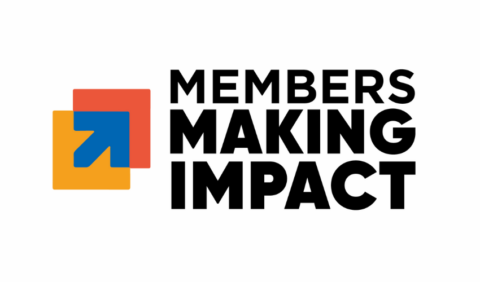In order for postsecondary education to be an asset for learners, two things must be true: Learners must complete their education degree or credential in a timely manner and they must not take on more debt than they can reasonably afford. Financial concerns can limit postsecondary options for students, and even once enrolled, they can negatively impact retention and completion.
On September 25th, AFN held a webinar where we learned about the latest analysis of the growing college affordability gap for Pell Grant eligible students and opportunities for philanthropy to engage both directly and through policy interventions.
Grantmakers who participated in the session:
- Discussed how the affordability gap for low income students affects the cost of attending postsecondary education institutions and how this topic is inextricably linked to equitable wealth building
- Shared the necessity of understanding state-by-state affordability strategies, and
- Shared where philanthropy can play a role in improving college affordability from both a policy and programmatic standpoint
AFN’s education webinars showcase and translate the latest research on what’s working in the education and workforce landscapes and highlight potential opportunities for philanthropy to get involved to improve learner outcomes. Stay tuned for future education webinars focused on supporting students through postsecondary education with minimal or no debt.



